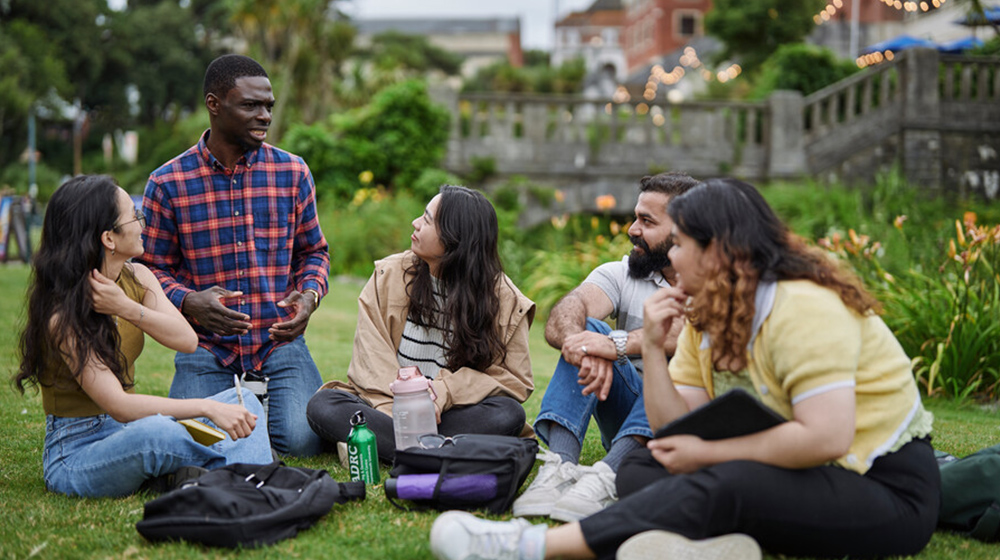- ...
Masters Compare - Find your perfect masters course.
Masters Compare - Find your perfect masters course.
Bioarchaeology covers the investigation of human and animal skeletal remains to understand the lives of individuals and communities in the past, in relation to their social, cultural, economic, palaeoenvironmental and evolutionary contexts.
The normal requirements for embarking upon a postgraduate taught degree are:
For fees and funding options, please visit website to find out more
Forensic archaeology is an expanding international field. Upon completion of the course you will join other BU graduates who are acknowledged as some of the most experienced forensic archaeologists in the field.
This will open up a wide range of career prospects for you, and you could end up work anywhere in the world examining crime scenes, mass graves & disasters and educating other researchers in new forensic science approaches.
There is an increased demand for archaeologists and the profession has been placed on the government list of skilled occupation shortages.
Core units:
Option units:
Applications of Zooarchaeological Science
Archaeology of the Dead: Disease,Decay and Funerary Interpretation

Are you ready to learn, grow and make a difference? Bournemouth University (BU) is a place where ambition meets opportunity. Our motto is ‘To learn i...
Sign up to Postgraduate Studentships
Sign up to compare masters
Thanks for making your selection. Click below to view your comparisons.